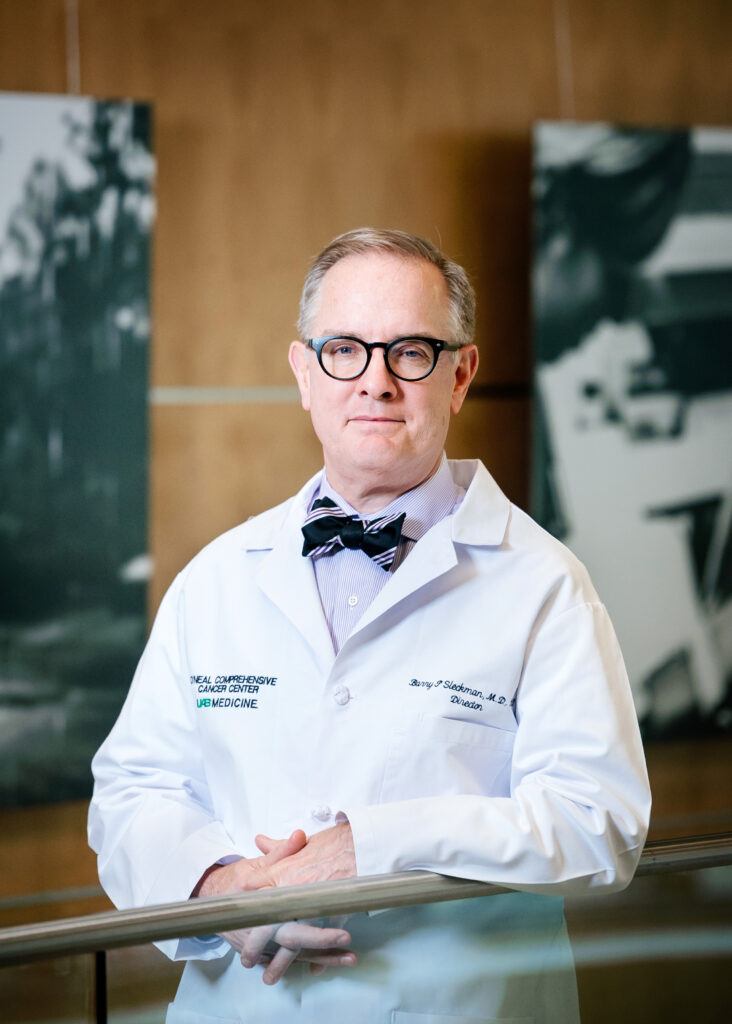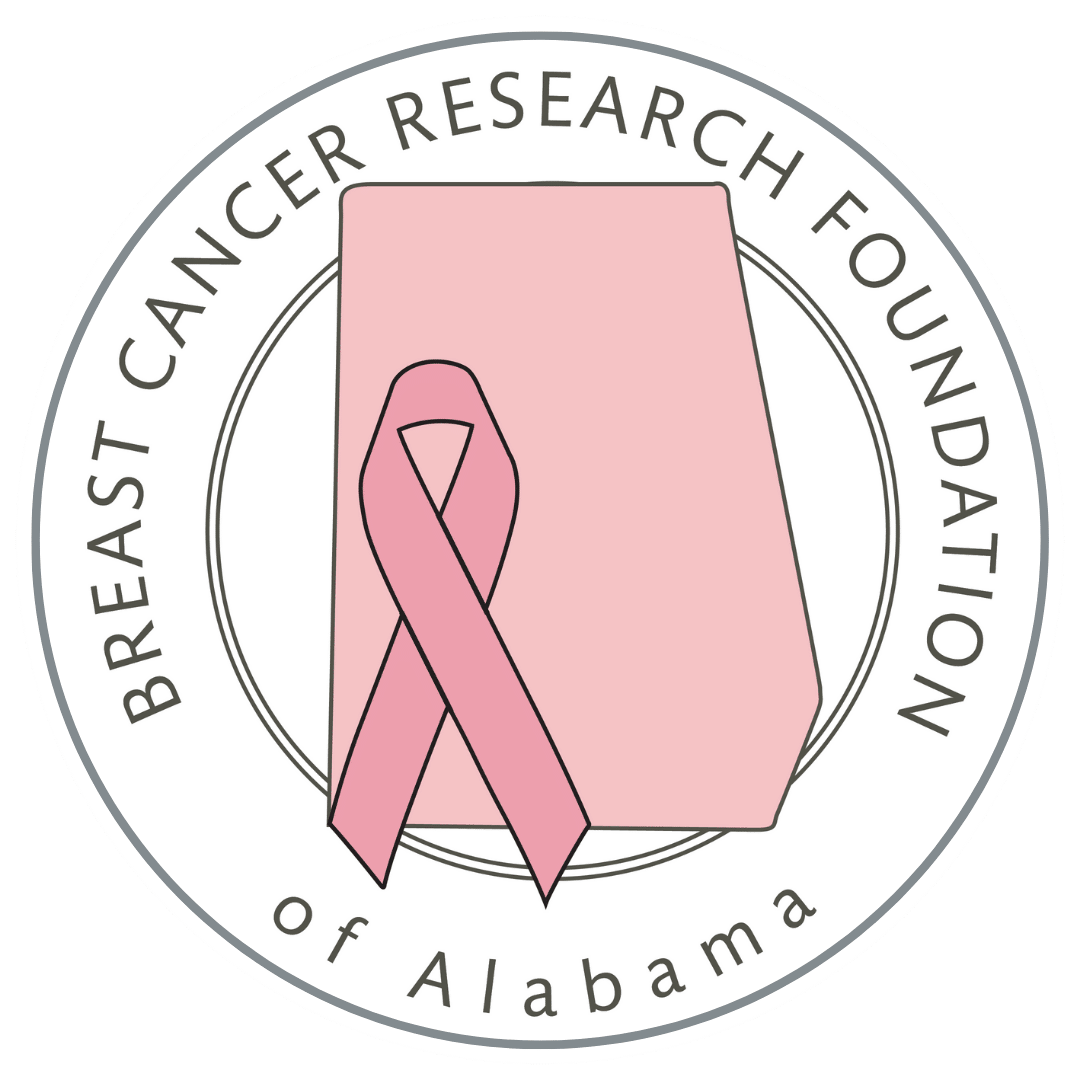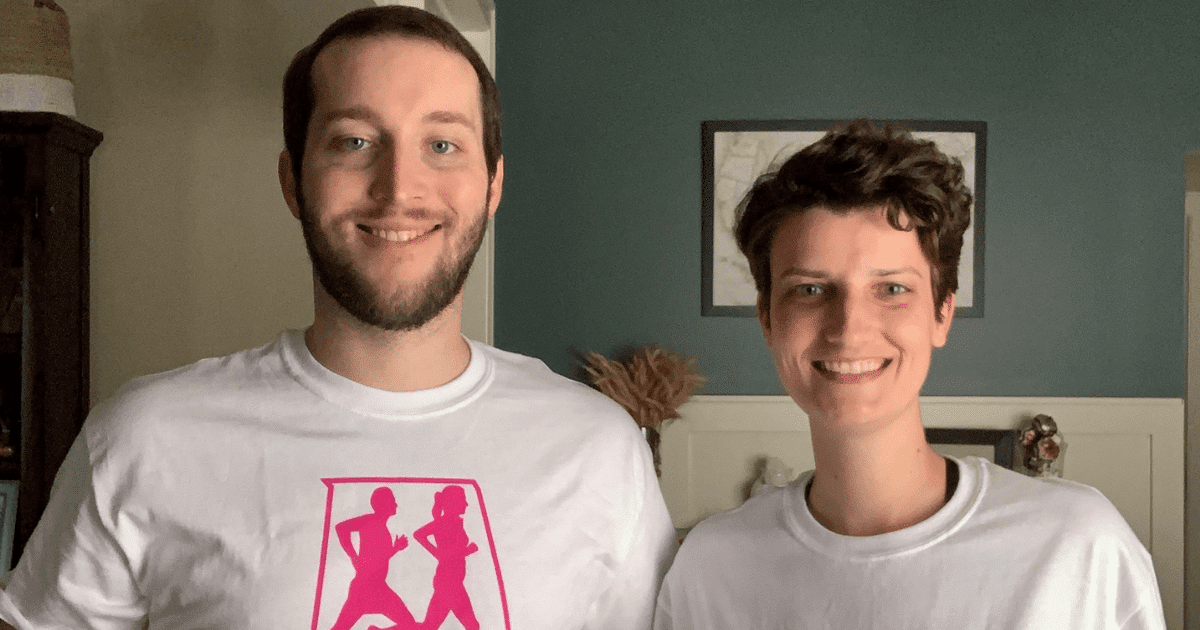SPOTLIGHT ON: BARRY P. SLECKMAN, DIRECTOR
July 15, 2020
The mission of the BCRFA is to fund promising breast cancer research in our state, and no institution is better positioned to make great discoveries than the O’Neal Comprehensive Cancer Center in UAB. The research teams within this institution work tirelessly to find new therapies, treatments and solutions for breast cancer patients and improve the lives of breast cancer survivors across Alabama.
This week, our team at the BCRFA sat down with Dr. Barry P. Sleckman, the Director of the O’Neal Comprehensive Cancer Center to hear his story, discuss new advances in breast cancer research and talk about the importance of choosing the right treatment center.
Tell us about how you got your start in research.
 When I was in college, I had intended to go to medical school and become a general surgeon in my New Jersey hometown. But during my second summer, I thought, “Well, if you’re going to go to medical school, you should probably do some research. It looks good on your resume.”
When I was in college, I had intended to go to medical school and become a general surgeon in my New Jersey hometown. But during my second summer, I thought, “Well, if you’re going to go to medical school, you should probably do some research. It looks good on your resume.”
So, I began working for an analytical chemist at Lafayette College, and I loved it. It caused me to have a major shift in my trajectory, toward MD/Ph.D. programs and becoming a physician-scientist.
Well, we’re happy you decided to pursue research! What excites you about your role with the O’Neal Comprehensive Cancer Center?
My role is to help people do great things – and that excites me. My job is to look out across the institution and recognize individuals and groups that are doing amazing work in the cancer research field and help them reach even higher levels.
And, just as importantly, my role also allows me to recognize people within the institution who are doing work that is quite relevant and applicable to cancer but are currently not working in the cancer arena, and get them involved in our space. All of this gets me excited about my role.
Can you talk specifically about the breast cancer research that goes on at the O’Neal Comprehensive Cancer Center?
There’s a lot of breast cancer research going on here. It spans from basic research, like trying to understand how cells become transformed and form tumors, to understanding how formed tumors can be eradicated. We’re constantly looking for new cellular pathways that can be targeted by novel drugs to treat tumors and how the immune system can be harnessed to treat cancer.
We also very actively research breast cancer imaging, not only for the diagnosis of breast cancer, but also for following the response to therapy. In this regard, a recent project is using breast cancer metabolic activity to judge tumor progression under treatment. Our imaging research is definitely an area to watch.
There’s quite a bit of research in access to breast cancer care. It’s a particularly challenging problem for certain populations – in Alabama, many Black communities are medically underserved – so there’s a significant amount of research going into providing breast cancer screening and the delivery of care to these communities, as well as the implementation of that research to benefit those communities.
Finally, with breast cancer patients surviving at higher rates, we now have significant populations of breast cancer survivors that have unique health needs due to long-term effects of the therapies that were used to successfully treat their cancers. Research at the O’Neal Comprehensive Cancer Center is really leading the way in our understanding the basis of the unique health problems of cancer survivors and how best to mitigate these problems.
Has COVID-19 impacted any of the work going on at the O’Neal Comprehensive Cancer Center?
It has impacted us to some degree, but our essential functions have not been impacted.
Our basic research was disrupted for 2-3 months, primarily due to the risk to individuals who work in the lab. Research is, of course, vitally important, but we had to think about the safety of our researchers first. It has since started again, but we are working under modified conditions. However, progress is still happening!
In terms of screenings (mammograms), we did pause to ensure we had safety procedures in place. But now, we’re back open, and we’re very meticulous about cleanliness and spacing patients out to reduce contact. We’ve picked up again, and we’re working hard to reach normal levels.
The most positive news is that patient care hasn’t been impacted by the pandemic. Taking care of cancer patients is critical and can’t be put off – it has to happen. Therapeutic clinical trials have also not experienced any sort of lapse. Patient care is crucial and has continued at its normal pace through this new time, but of course, there are some minor changes, like COVID-19 testing and more common instances of telemedicine.
What’s your one-sentence mantra for patients?
“It matters where you’re treated first.” NCI-designated cancer centers can truly change your life and the lives of others when cancer intervenes. I’ll give you an example to explain what I mean.
Let’s say it’s 1990, and you’re a young woman with a very small nodule on a mammogram – stage one breast cancer – with a really good prognosis. At this point, you’re trying to decide: “should I have this taken care of at my local hospital, or should I go to an NCI [National Cancer Institute]-designated cancer center?” Back then, I would’ve said either way, it probably won’t make a difference for your outcome.
In 2020, it’s very different. If a young woman with stage one breast cancer came to an NCI-designated cancer center now, she may, for example, get the same treatment she’d get at a local hospital, but may also get enrolled in a cancer vaccine trial. That trial might be designed to generate a personalized vaccine that would help reduce her chances of recurrence of the cancer in the next 5-10 years. It would matter where she got her first treatment.
In the last 10 years, there have been so many amazing examples of clinical trials becoming the standard of care. Thirty years ago, success from clinical trials was a rare circumstance. It was extraordinary if it was a success. But now, there are so many clinical trials having major effects on the treatment of cancers that have been historically lethal.
It really does matter where you’re treated first, knowing that a trial could have an impact on not only your outcome, but also on the medical community discovering new treatments which, in turn, has a life-changing impact on other patients.
Interested in learning more about the advancements in research that BCRFA supports? Visit our breakthroughs in research center.


